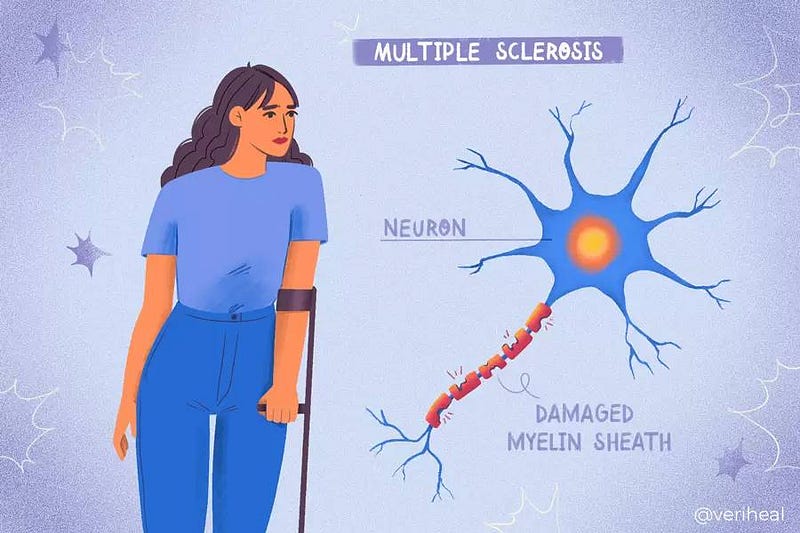Understanding Social Security Disability and Multiple Sclerosis: Does It Automatically Qualify?

Multiple Sclerosis (MS) is a chronic and often unpredictable neurological condition that affects millions of people worldwide. Living with MS can present a range of challenges, impacting one’s ability to work and maintain a stable income. For individuals facing these difficulties, Social Security Disability benefits can offer much-needed financial assistance. However, the question remains: does multiple sclerosis automatically qualify for Social Security Disability benefits? Let’s explore the intricacies of this issue and shed light on the qualification process.
The Social Security Administration (SSA) and Disability
The Social Security Administration operates two major disability programs: Social Security Disability Insurance (SSDI) and Supplemental Security Income (SSI). Both programs provide financial support to eligible individuals who are unable to work due to a severe medical condition. However, meeting the eligibility criteria can be complex and requires a thorough evaluation of the applicant’s medical and work history.
Medical Eligibility for Social Security Disability Benefits
To be eligible for Social Security Disability benefits, applicants must have a condition that meets the SSA’s definition of a “disability.” According to the SSA, a disability is a medical condition that is expected to last for at least one year or result in death and prevents the applicant from engaging in substantial gainful activity (SGA).
MS is a complex neurological condition with varying degrees of severity and symptoms that can differ significantly from one person to another. Meeting the SSA’s criteria for disability based on MS depends on how the condition affects an individual’s ability to work and perform daily activities.
Listing of Impairments
The SSA maintains a Listing of Impairments (commonly referred to as the Blue Book), which outlines various medical conditions and their specific criteria for disability qualification. Unfortunately, MS is not included as a separate listing in the Blue Book. However, individuals with MS may still be eligible for benefits by meeting the requirements of a listing that corresponds to their specific impairments.
For example, an applicant with MS who experiences severe fatigue, muscle weakness, and difficulty walking may be evaluated under the “Neurological Disorders” listing (Section 11.00). In such cases, the applicant must demonstrate that their condition is equivalent in severity to the criteria outlined in the listing.
Residual Functional Capacity (RFC)
If an individual’s MS does not meet or equal a listing in the Blue Book, the SSA will assess their “Residual Functional Capacity” (RFC). RFC is a measure of the individual’s ability to perform work-related activities despite their impairments. The SSA will consider factors like physical limitations, cognitive abilities, and other functional limitations to determine whether the applicant can engage in SGA.
The RFC evaluation is essential because even if the applicant’s MS does not meet a specific listing, they may still be eligible for benefits if they are unable to perform any substantial gainful activity due to their limitations.
Medical-Vocational Allowance
In cases where an applicant’s MS does not meet a listing, and they are deemed unable to perform past relevant work, the SSA will consider the individual’s age, education, work experience, and RFC to determine if they can adjust to other types of work. If the SSA determines that the applicant cannot reasonably adjust to other work, they may be granted benefits through a “medical-vocational allowance.”
In conclusion, having multiple sclerosis does not automatically qualify an individual for Social Security Disability benefits. However, meeting the eligibility criteria depends on the severity of the condition, its impact on the applicant’s ability to work, and other factors considered by the SSA during the evaluation process.
If you or someone you know has MS and is considering applying for Social Security Disability benefits, it is crucial to seek guidance from an experienced disability attorney or advocate. These professionals can assist in gathering the necessary medical evidence, navigating the application process, and increasing the chances of a successful claim. Remember that each case is unique, and the outcome will depend on the individual’s specific circumstances and their ability to demonstrate their inability to engage in substantial gainful activity due to their MS-related limitations.

No comments yet